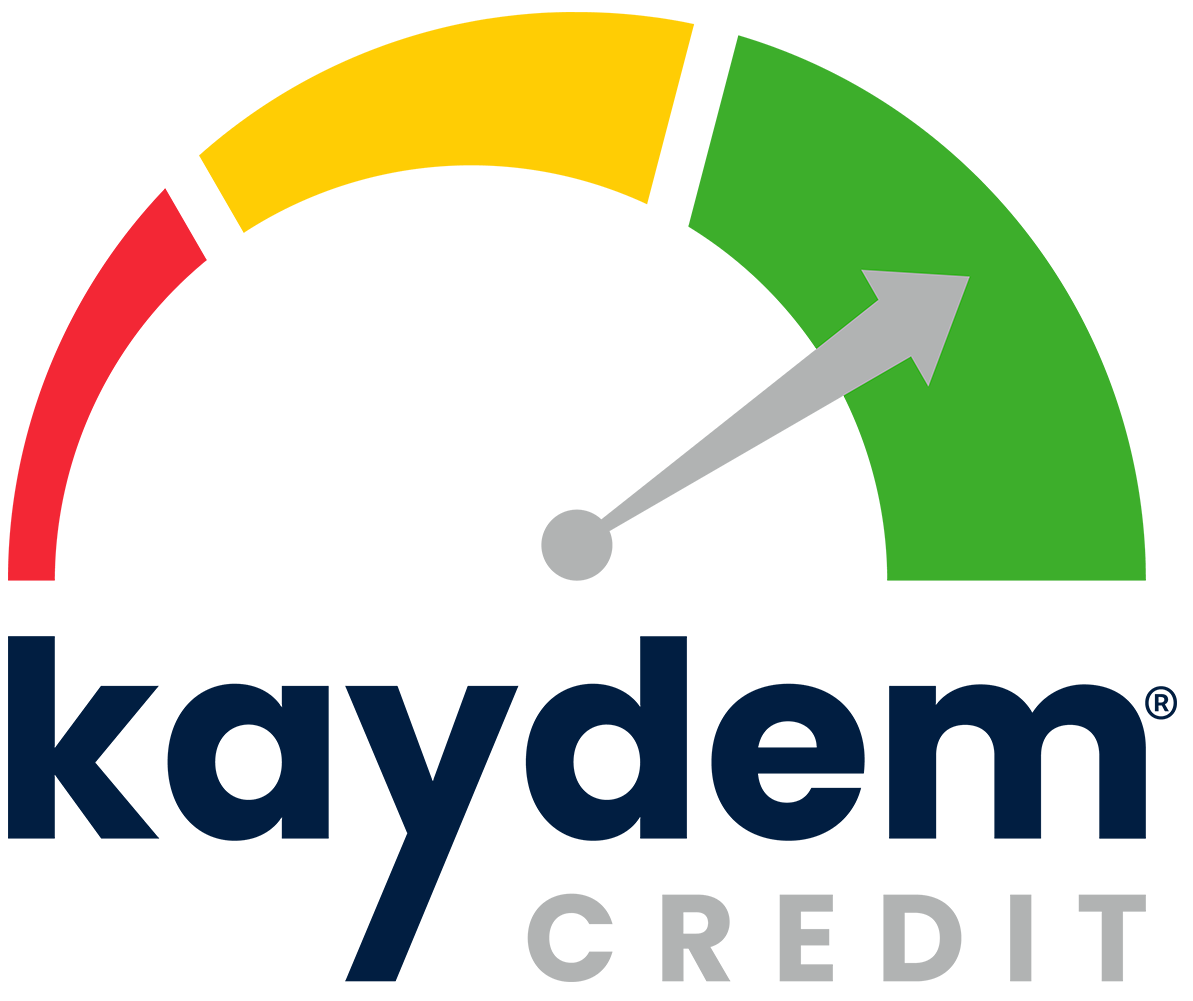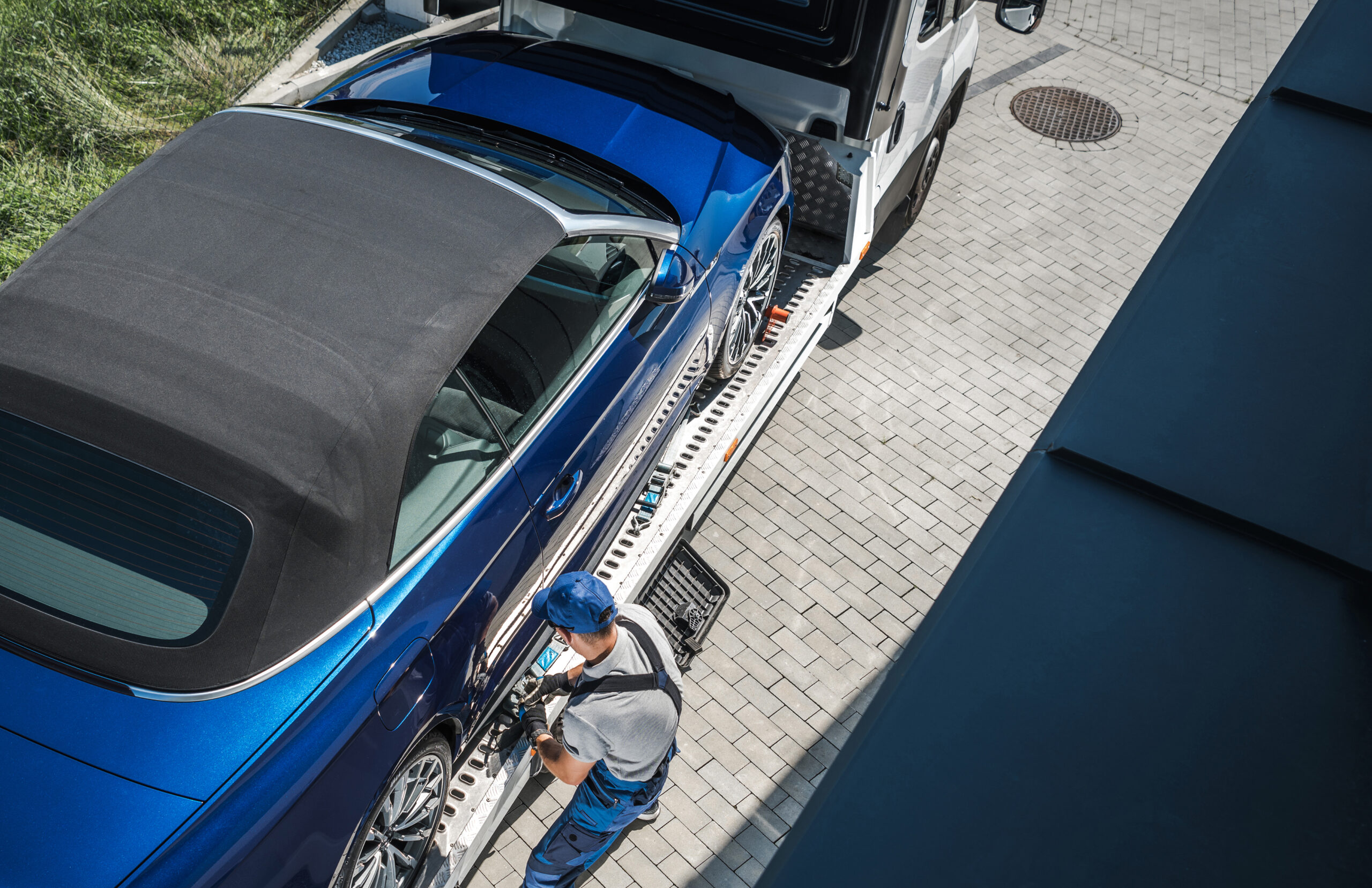Managing your finances and budgeting for success is a full-time job. It requires frequent monitoring of your credit score, watching accounts for money coming in and out, making changes to what you are spending and where, answering an abundance of phone calls, examining your credit fixing options and – of course – making tough decisions. Sometimes, our choices are wise at the moment and then require a change of direction later in life. One of these decisions that some individuals make when taking control of their financial health includes voluntary repossession of a vehicle.
Voluntary repossession is deciding to return a vehicle to the lender if the individual has determined that they cannot afford the payments. Often, this is done when a mandatory repossession is possible. When deciding that voluntary repossession is the right move, the individual will call their lender and explain the situation – offering the vehicle back in exchange for a cease in future payments. Any owed fees will still require payment, however, and a deficiency balance will be negotiated – which is the difference between how much is currently left on the loan and how much the vehicle was worth at the time of sale.
Especially in the case of an inevitable involuntary repossession, voluntarily surrendering a vehicle back to the lender can be a helpful decision – though your credit will still take a dive.
Is voluntary repossession a viable credit fixing option?
A voluntary repossession is considered a default on loan, which will be visible on your credit report and impact your credit fixing options. Your credit score will decrease, and you will be regarded as a high-risk borrower the next time you attempt to make a big purchase, especially on a vehicle. This will ultimately result in higher interest on loans you wish to obtain and will stay on your credit report for seven years.
The good news?
A voluntary repossession is noted on many credit reports; therefore, most lenders will see that you took steps to give back the vehicle responsibly before an involuntary repossession. Although this does not change your credit score, it is often viewed more positively. Additionally, lenders will not simply look at your credit score alone – they will take the whole big picture into account and see what credit fixing steps have been taken to manage your finances and get back on track.
For example, when surrendering your vehicle, there are still costs involved in regular payments for late fees and remaining amounts owed. Determine a plan to make these payments on time. Also, plan to pay all your remaining bills elsewhere on time – or speak with your other lenders and companies to get on payment plans – to keep your on-time payments high on your credit report. That way, it shows that although you could not pay for the vehicle surrendered, you made decisions to ensure your bills were paid on time – which increases the likelihood of lenders trusting you for loans in the future.
Alternatives to voluntary repossession include calling your lender first to see options such as refinancing your loan, selling the car, or transferring the car loan to another individual. However, if you have determined that voluntary repossession is the only sensible option left, it does appear better than having your vehicle involuntarily repossessed.
Credit fixing requires tough decisions – do your research and talk with your lenders to make the best choices. Trust Kaydem Credit for expert guidance & consultations.







